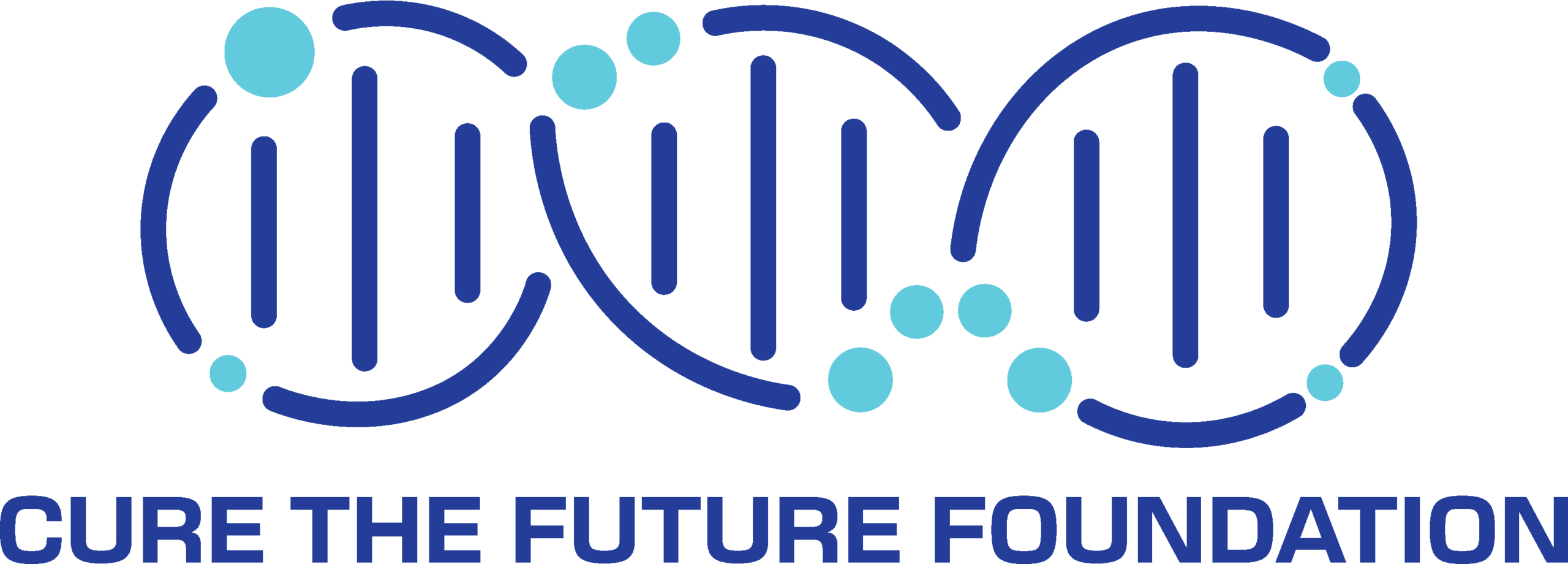World-First Breakthrough treatment for Haemophilia
Cure The Future is proud to have supported researchers at Royal Prince Alfred Hospital as part of an international team who have developed a gene therapy for the life-threatening blood disorder, haemophilia.
The breakthrough, led by our friend and colleague Professor John Rasko, is a major milestone in the quest to cure the bleeding disorder and to the treatment of 4000 other genetic diseases.
The finding, published in the New England Journal of Medicine this month, is the culmination of more than 20 years’ work and opens the door to using gene therapy to treat more than 4000 other genetic disorders, including blindness , cystic fibrosis and thalassemia .
“We are very excited about the results, as those people in our trial have previously had to live with the risks of spontaneous bleeding every day . To prevent potentially life – threatening bleeds they have typically had to inject themselves with clotting factors every few days ,” Professor Rasko said.
“This extraordinary international collaboration could potentially save the lives of thousands of people around the world and was only possible because of the dedication and determination of our brilliant researchers,” Dr Penna said.
The NSW Government is investing a record $1.25 billion over four years in medical research across the state.
Haemophilia B is an inherited disorder where blood does not clot properly due to missing or defective clotting factor nine (IX) . Sufferers experience a wide range of bleeding episodes, usually into the joints or muscles. Episodes can often occur spontaneously, without an obvious cause, or as a result of trauma or injury. Over time, bleeding can cause severe arthritis, chronic pain and disability.
The research involved 10 adults who were injected with a gene therapy designed to produce the clotting protein Factor Nine (IX).
“This is life – changing for me” Mr Lee says, “I spent my childhood wrapped up in cotton wool, unable to play football or do any of the things my mates could. I would always remind myself that there were people worse off than me, but it was still disappointing.”

“I have two daughters who are carriers for haemophilia, but now I know that if they have affected children, it will be one injection and they can live normal lives. This goes beyond our little fa mily currently. It will have a positive impact on all generations to come.
“And my mum now knows she won’t see her only surviving son die from haemophilia .”
Professor Rasko has spent the past two decades fine – tuning the gene therapy and says it is the beginning of the end of this lifelong bleeding disorder.
“We now know how to beat the immune response to achieve what may be a permanent cure . ”
The vice president of Haemophilia Foundation Australia, Daniel Credazzi, who has a son with the condition, welcomed the breakthrough, saying: “ The real potential of a cure with safe and effective gene therapy is very exciting for people living with this chronic condition, and for their families. ”

Haemophilia Breakthrough

